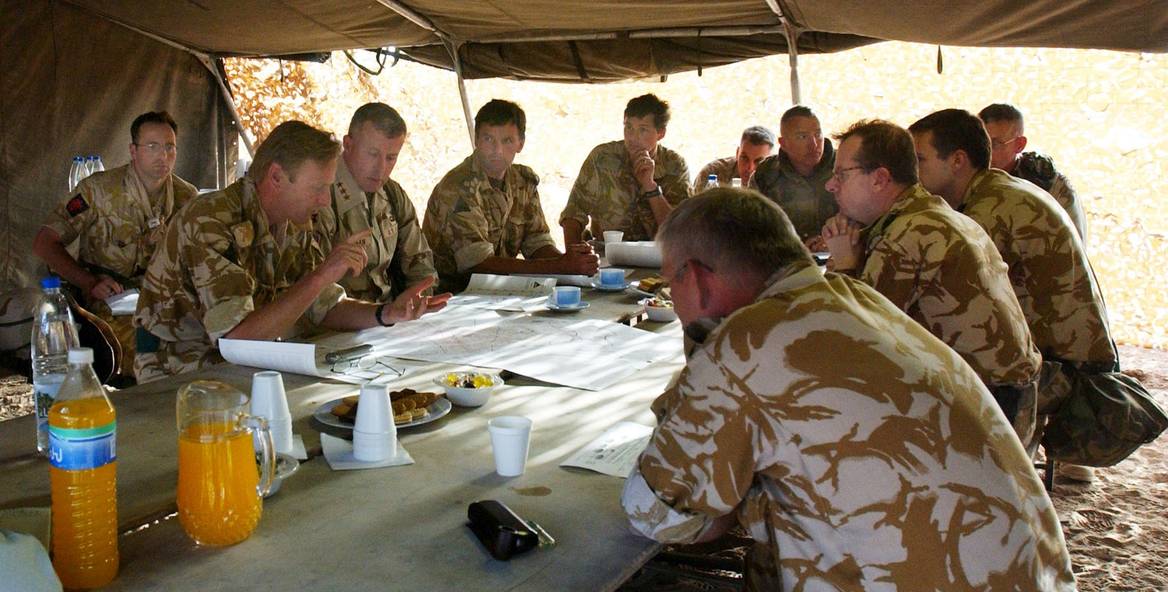As coalition operations again become commonplace in military affairs, this Whitehall Report examines the challenges of coalition command in contemporary operations
As coalition operations again become commonplace in military affairs, this Whitehall Report examines the challenges of coalition command in contemporary operations.
Winston Churchill famously observed that ‘there is only one thing worse than fighting with allies, and that is fighting without them’. Overcoming the challenges inherent in the multinational dimension of their commands has always been a hallmark of successful coalition commanders. So with coalition operations again becoming commonplace in military affairs, it is apposite to examine the challenges of coalition command in contemporary operations.
This Whitehall Report will begin by placing contemporary coalition command in context by noting some significant changes in the operating environment of armed forces since the end of the Cold War, before arguing that these have, in turn, impacted significantly on the challenges facing coalition commanders and the attributes and skills development required for success in such a role.
About the Author
Lieutenant General Sir John Kiszely is Director of the Defence Academy of the United Kingdom. His previous appointments have included Commander Multi-National Division (South East) in the NATO Implementation Force in Bosnia in 1996, Deputy Commander for Operations of the NATO Sustainment Force there in 2001, Assistant Chief of the Defence Staff in London during the 1999 Kosovo operation (Allied Force), and Deputy Commanding General of Multi-National Forces Iraq 2004-05.

